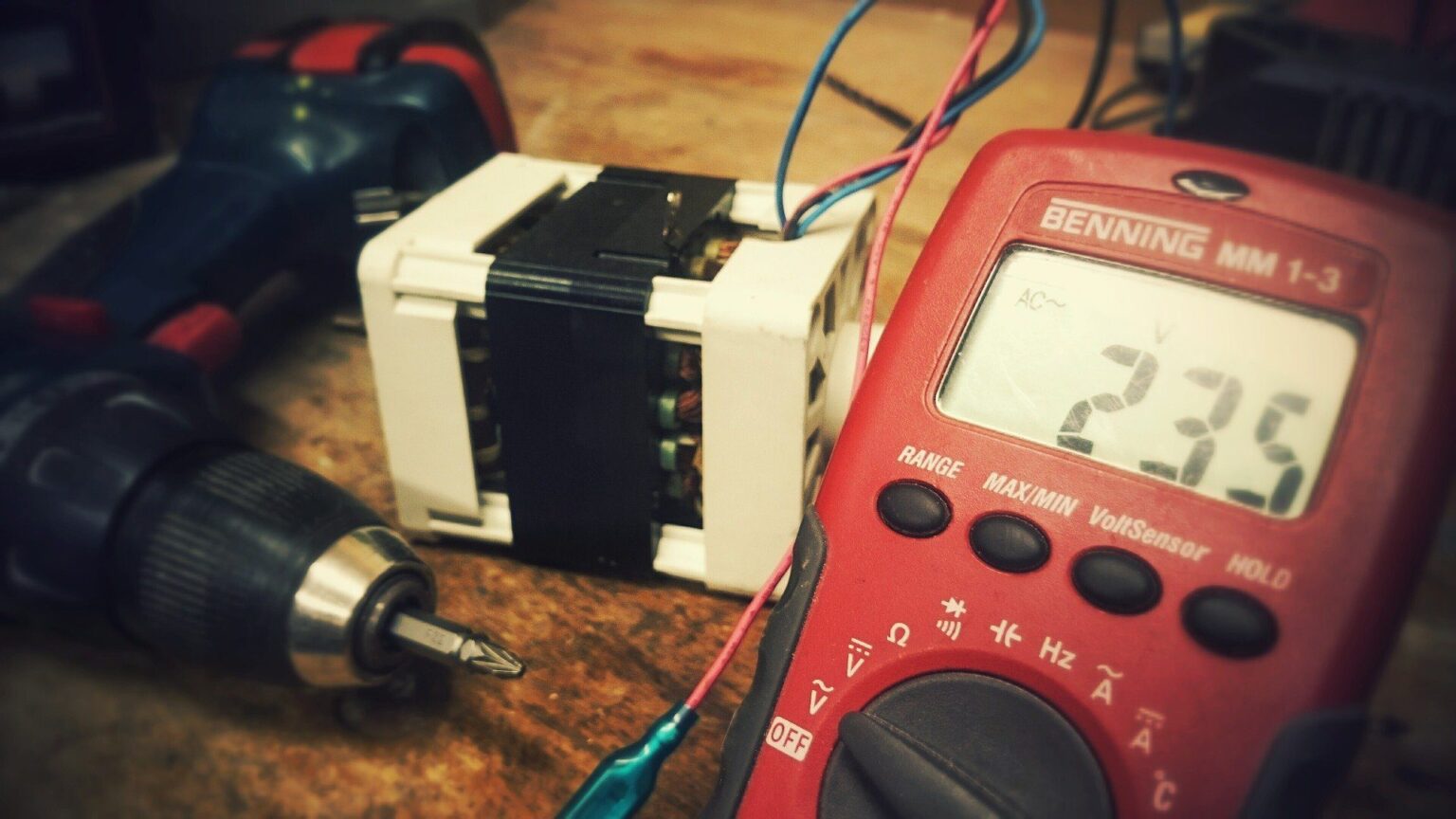From 1st April this year, new electrical safety regulations will apply to every privately rented property in England. Here’s how it will affect landlords.
Landlords must ensure that any property they rent out is safe for people to live in. This applies to gas safety, fire safety and electrical safety. All landlords must ensure they fulfil at least the minimum requirements. There is also necessary certifications landlords need to adequately document any rental property.
Now, there are new electrical safety regulations that landlords need to adhere to. The new regulations are in place to ensure all fixed electrical installations and electrical wiring are signed off by a qualified electrician. This includes sockets, wiring, fuse box and any other fixed electrical parts. This is part of the government’s drive to improve standards across the private rented sector (PRS).
The rollout of new electrical safety regulations
The Electrical Safety Standards were first introduced last summer. Landlords, who took on new tenants in England on or after 1st July 2020, needed to have all electrical installations inspected and tested by a qualified person before the start of the tenancy. The electrical inspections and tests should then be undertaken at least every five years after that, unless the safety report requires this to be done more often.
Landlords with tenancies in place or ongoing tenancies must comply with these rules by 1 April 2021. After this point, the same rules will apply for all private tenancies in England, including houses in multiple occupation.
What are the new standards?
A qualified person must be carry out the inspection to test all electrical fixtures and fittings in rental properties. Additionally, landlords must obtain a written report of the findings and supply one to the tenants.
For new tenancies, landlords should have this completed before tenants occupy the property. And for existing tenancies, landlords must supply a copy of the findings within 28 days of the inspection being carried out.
Landlords must hire a qualified person to carry out any needed remedial work to fix any faults as soon as possible. However, it should be carried out at least within 28 days of the inspection or the period specified in the report if less than that.
Once all electrical fittings and fixtures are compliant, you should receive written confirmation that the remedial work has been completed. Landlords must supply tenants and the local housing authority with this, along with a copy of the report.
If you don’t comply with these electrical safety regulations by 1 April, a local authority can step in with remedial action. The council has the power to issue a fine up to £30,000 for landlords who refuse to comply.
Improvements in the private rented sector
The new electrical safety requirements come at a cost to landlords. However, many welcome this change and view it as a positive step towards further professionalisation of the PRS. Whether you’re an experienced property investor or a small or first-time landlord, the rules apply to everyone. And it’s important that landlords continue to keep ahead of updated regulations.
In recent years, there has been numerous legislative changes for landlords. Increased regulation is not always popular, but it means there is more accountability in the sector. And the new electrical safety standards will also further improve the standards of the PRS.










